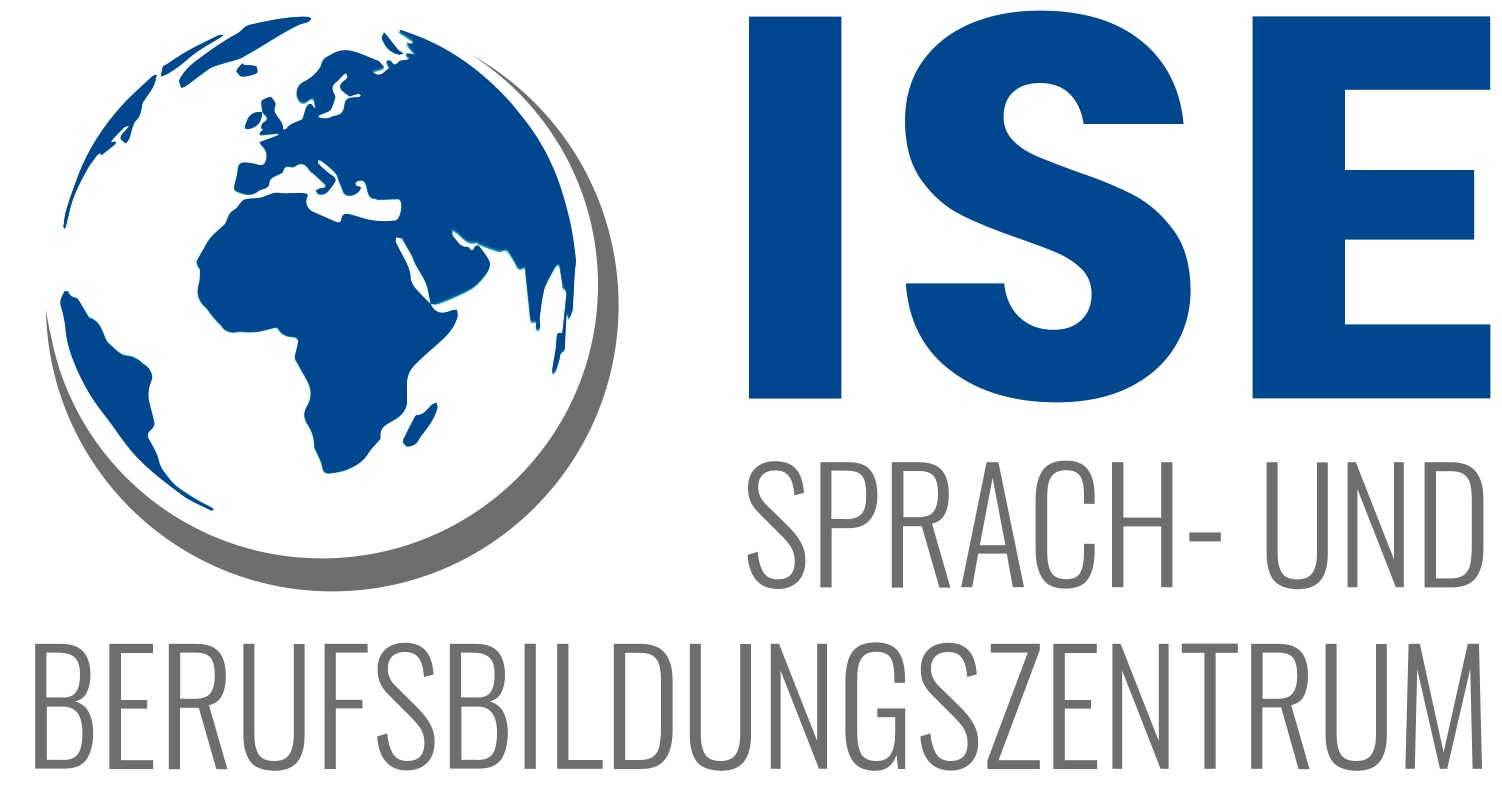4. The cover letter for an application
Regardless of whether you are sending your cover letter to the ISE employment agency, another employment agency, HR consultant or to a company, give your cover letter a personal touch! Following errors are often done and have a negative effect:
- more than one page
- Cover letters handwritten or written on an outdated typewriter
- Impersonal letters with standard texts that are not tailored to the specific company
- Use of an incorrect or outdated date
- Use the formula “Dear Sir or Madam” if there is a specific contact person
- Error in spelling the company name or contact person
- missing subject line
- Many sentences begin with “I”.
- Retell your life story in your cover letter
- The content of the text is similar to that of the company's job advertisement
- Use of empty keywords and phrases
- Using obvious exaggerations and transparent falsehoods
- incorrect or outdated job titles
- Inconsistencies between information in the cover letter and the CV
- Exceeding a maximum of two pages (better always only one!)
- lack of structure and too few paragraphs
- missing handwritten signature
- Use of outdated or archaic-sounding phrases
- List of each individual system
- etc.
6. Guide
There is a lot of advice on applications - be it in book form or on the Internet. Use this for your application! But please don't make the mistake of copying from these guides. HR professionals also know these guides! Use the information from the guides as a form of inspiration.
Apply abroad
No matter where you apply on the Old Continent, your application documents must be written in the respective national language, or at least in English.
PantherMedia Work, travailler, trabajar or would you rather lavorare?
1. Language of the application documents
But when it comes to texts in a foreign language, you should be careful: Even if you speak the local language fluently, you should always contact a native speaker to proofread your documents. Careless mistakes are not welcome, even for a foreign applicant. ON THE SUBJECT
Behave abroad:
So klappt´s mit Miyamoto-san
Working abroad:
All articles at a glance
Newsletter:
Regular mail from “Career”2. Write to
Cover letter, yes or no, short or long? Different countries, different customs. The European Union's online application guide provides good help here and clarifies these questions for each EU country individually.
You will be happy to hear that application documents abroad are generally not as extensive as in Germany. The basic rule for the application letter in other European countries is: It must explain as succinctly as possible why you are the right person for this job. Your cover letter should never be more than one page. In France and Belgium, cover letters are often written by hand.
3. CV
As a rule, the CV in other European countries - like the German one - has a length of one to a maximum of two pages. Exception: Holland. There you can feel free to expand further on your CV. The CV is never handwritten and presents the most important stages of your career in a short tabular form. The life cycle chronology varies in each country. Before applying, find out which chronology is used in your target country.
It also makes sense to use the standardized EU CV, which you can download from an EU website (link below). However, it has not yet become uniformly established across Europe.
4. Differences in the school and university systems
School and training systems vary across Europe. Very few foreign HR managers can imagine what a “mechatronics diploma” means. It therefore makes sense to use the German terms and explain them in the respective national language.
If there are different grading systems, it is advisable to use comparative values. Simply represent yourself in relation to other graduates. For example, you have an average of 1.5 and achieved your university degree. If around 10 percent of all graduates graduate with this grade or better, that means you are in the top ten percent.
5. Language skills
Do not describe your language skills using the usual standards of business fluent, fluent, good. Such standards are relative and are set lower in countries with little love for foreign languages (e.g. France) than in countries with a multilingual population (e.g. Belgium). Alternatively, refer to the length of your stays abroad.
6. Please smile – the application photo
While in Germany entire guides deal with the photo issue, in other European countries people usually do without an application photo. In Spain, Portugal and Italy, the photo is quite common as part of the CV. However, a standard passport photo is usually sufficient here.
7. Certificates and references
In very few European countries do HR managers place as much value on certificates as they do in Germany. The reference has greater importance. The “Letter of Recommendation” is particularly common in English-speaking countries. You should find out from your desired employer whether certificates or references are desired. If so, you should provide the original with a qualified translation.
Google Ads Sample Resume
Download, fill out and print out a sample CV and application
www.formblitz.de/lebenslauf
8. Interview
No panic. Job interviews in other European countries are similar to those in Germany. Be prepared for a list of questions that focus on why you applied for a job abroad. In any case, find out about the country-specific working conditions such as salary, working hours and vacation. These are generally addressed for the first time towards the end of the interview. Show yourself to be fully informed.

